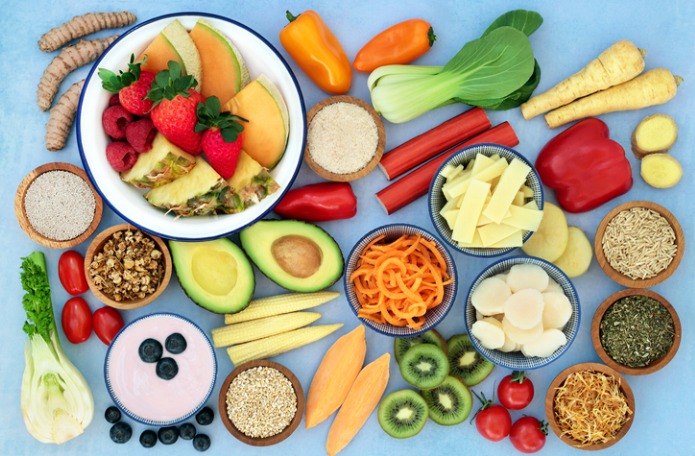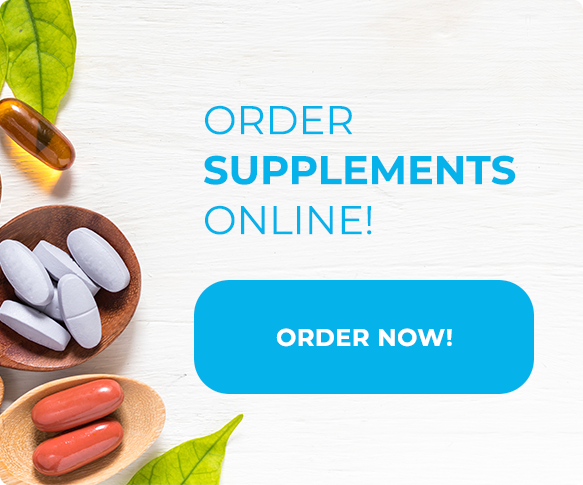What exactly is gut health? Gut health has become a popular topic in the world of preventative healthcare due to the many ways it impacts overall health and disease status. Our ‘gut microbiome’ is made up of microorganisms and their genetic material that reside in our intestinal tract. These microorganisms, called microbiota, are involved in bodily functions that are critical to our health and well being. We can promote better gut health by eating foods that support the health of these microbiota. In fact, changing our diets can change the composition of microbiota in as little as 24 hours.
Microbiota is involved in impacting a multitude of body functions including: the production of nutrients, protecting against infections, and influencing immune system function. Impaired microbiome health has been linked to many unwanted health conditions including: Hypertension, Inflammation, Obesity, Type 2 Diabetes, Celiac Disease, Insulin Resistance, Atherosclerosis and Inflammatory Bowel Disease (IBD).
Here are 5 Dietary Tips for Supporting a Healthy Gut:
- Consume Enough Fiber: Approximately 95 percent of American adults and children don’t meet the minimum recommended amounts of fiber. Adults should aim for 25-30g of dietary fiber daily. Fiber can be found in whole wheat products, fruits, vegetables, nuts, seeds and legumes. Prebiotics are a type of fiber that our bodies are not able to digest. Consuming prebiotics has been shown to stimulate the growth of beneficial gut bacteria. Prebiotic rich foods include unrefined barley, soybeans, oats, onion, bananas, leeks, and garlic.
- Be mindful of Sugar and Artificial Sweeteners: Both natural sugars and artificial sweeteners can have a negative impact on gut microbiota. They cause an imbalance that can result in metabolic changes such as glucose intolerance. Try replacing desserts high in sugar with fresh fruits. Fruit contain natural sugar, but they also contain fiber, vitamins, minerals and water. If you consume diet soda, try replacing with sparkling or soda water.
- Choose Healthy Protein Sources: Protein is a very important component of the human diet, however if consumed in excess it can be harmful to the health of the microbiota. The type of protein is also important. We should be favoring vegetarian sources of protein and consuming lean animal-based proteins in moderation. The recommended dietary allowance (RDA) for adults is 0.8 grams of protein per kilogram of a body weight per day.
- Include Probiotics: Probiotics are living microorganisms that provide a health benefit to our bodies when consumed. They improve intestinal microbiota and supports both immune and digestive health function. Probiotics can be found in cultured dairy products (yogurt, keifer), fermented vegetables (sauerkraut, pickles, kimchi), and certain fermented soy products such as miso and tempeh. Probiotics are also available in supplement forms.
- Drink More Tea: Green and black teas are very high in polyphenols. These are plant-based compounds that can inhibit the growth of harmful bacteria. Polyphenols can also be found in citrus fruit, red wine, cocoa, seeds, and berries. Polyphenols have been shown to slow the growth of bacteria known to cause gastritis, peptic ulcers, and certain hospital and community acquired infections such as E. coli and Staphylococcus aureus.
As a recap, changing your diet to support your gut microbiome can result in improved overall health. Dietary components such as lean protein, fiber, polyphenols, and probiotics, have been shown to benefit the microbiome. On the flip side, sugar, artificial sweeteners, and excessive protein and fat can negatively impact the gut microbiome. Give these dietary changes a try to see an improvement of the health of your microbiome.
We at Blue Sky MD Health are here to answer any questions you have or to provide further nutritional guidance on improving your overall health through diet. If you would also like to learn more about supplements that we would recommend for your gut health, you can schedule an appointment with our integrative healthcare provider. Schedule an appointment with us today!





